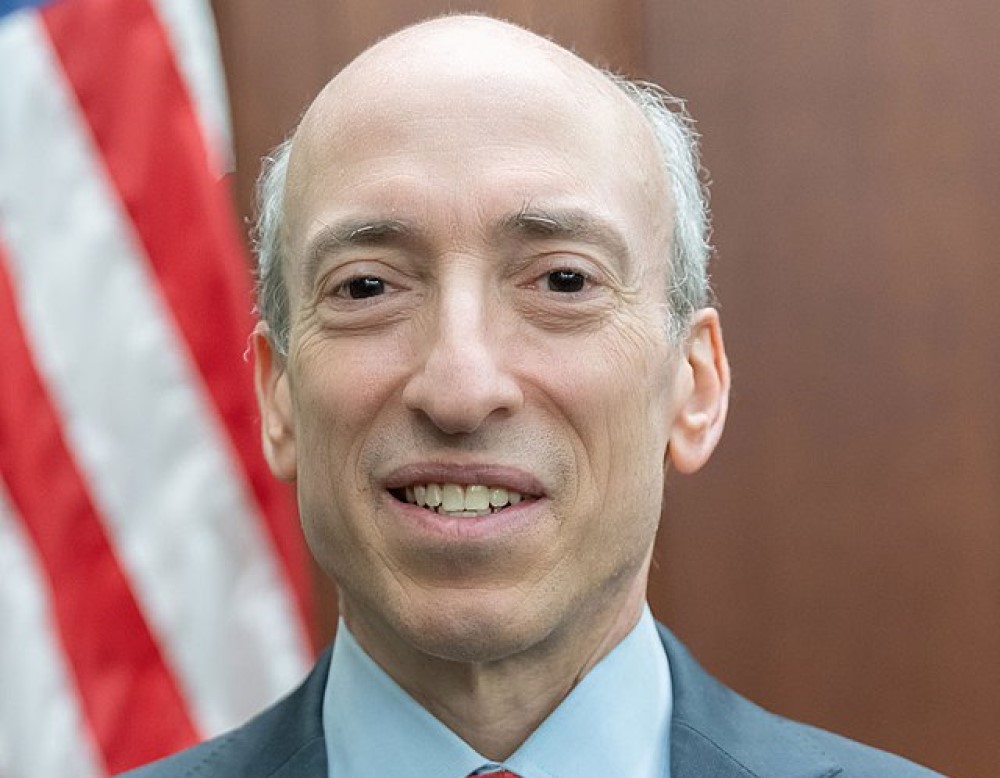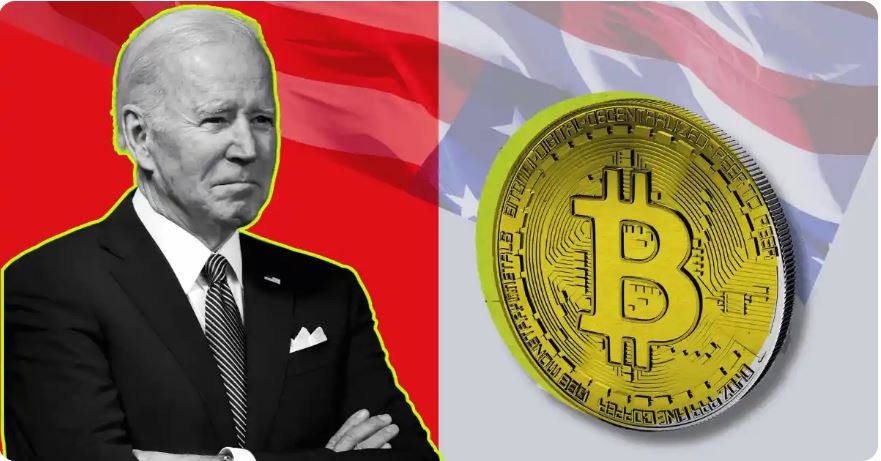Positively for the cryptocurrency industry, although the White House opposes the U.S. House of Representatives passing a crypto bill on market structure, the president has not threatened to veto it
:format(webp)/cloudfront-us-east-1.images.arcpublishing.com/coindesk/7VH4QCGLGJBP3ME62A5FX6TP6A.jpg)
Wednesday, the White House of U.S. President Joe Biden issued a statement of administrative policy expressing opposition to the Financial Innovation and Technology for the 21st Century Act, citing concerns that it might not adequately protect investors if passed through Congress.
The bill additionally proposed that the White House and Congress collaborate on forthcoming legislation concerning the cryptocurrency markets.
This opposes the stances taken by Gary Gensler, chairman of the Securities and Exchange Commission, who consistently maintains that the industry does not require any further crypto-specific legislation.

“The Administration is eager to work with Congress to ensure a comprehensive and balanced regulatory framework for digital assets, building on existing authorities, which will promote the responsible development of digital assets and payment innovation and help reinforce United States leadership in the global financial system,” according to the announcement. “H.R. 4763 in its current form lacks sufficient protections for consumers and investors who engage in certain digital asset transactions.”
The administration has issued two administrative policy statements in recent weeks; the first was a veto threat against a bill that sought to overturn contentious SEC accounting guidance. This measure passed with ease in both the House and Senate.
Hours after the SEC’s Gensler issued a statement in opposition to the legislation, the current statement asserts that it would impede the regulator’s endeavors to oversee both conventional capital markets and cryptocurrency markets.
The SEC chair stated that FIT21 would redefine how issuers of securities must comply with existing federal law and Supreme Court precedent.
Proponents of the bill argue that U.S. law does not permit crypto companies to operate without the risk of civil litigation; Gensler characterizes this as an attempt by these companies to evade securities issuer disclosure and other compliance requirements.
The bill would establish a new definition of digital assets to distinguish between digital commodities and securities and determine whether the SEC or the Commodity Futures Trading Commission should regulate the spot market. The bill is expected to be discussed by the entire House later on Wednesday, and a vote is planned for this afternoon.
The White House issued a statement on Wednesday stating, “The Administration looks forward to continuing collaboration with Congress on developing legislation for digital assets that includes adequate guardrails for consumers and investors while creating the conditions needed for innovation.



